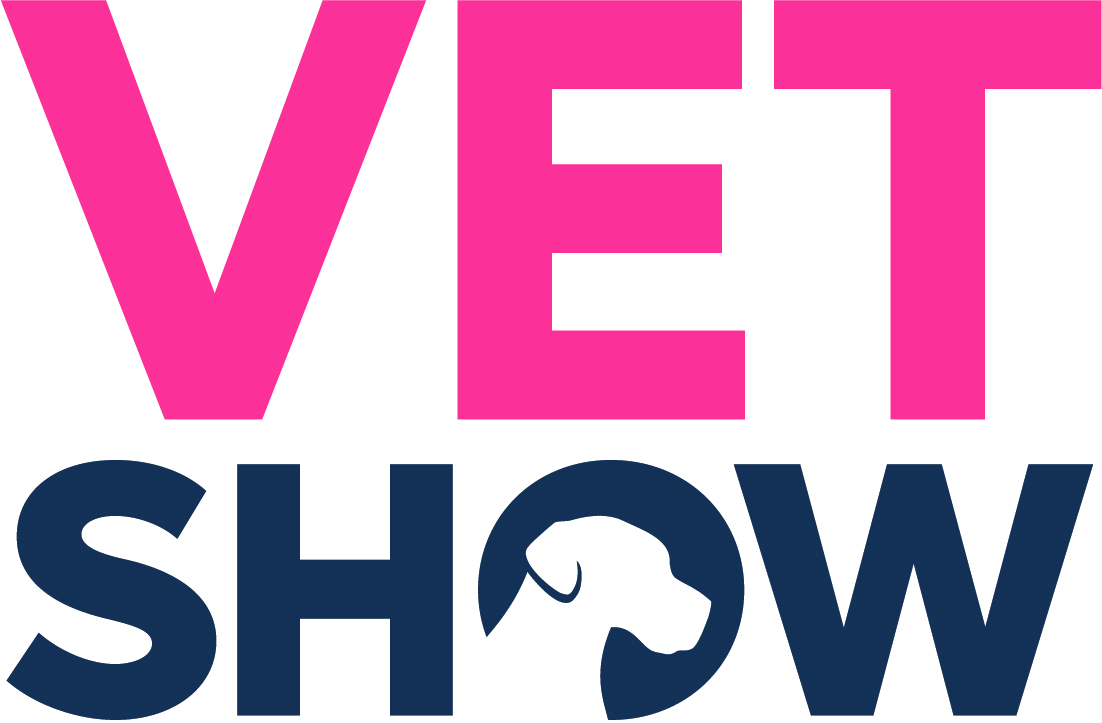Vet Show @ Home Program Preview: 10 Sessions You Should Know About
)
Anesthesiology, Behavior, Clinical Pathology, Dentistry, ECC, Internal Medicine, Neurology, Nursing, Practice Management, Wellbeing: all of these tracks and more can be found at the third edition of Vet Show @ Home, our free, online veterinary conference coming up June 21-23!
These sessions (and most speakers) are completely brand new to the Vet Show @ Home program. If you enjoyed the first two shows, or haven’t attended yet - either way, you have to add time to your calendar to check out the below sessions during all three days. The program is up and more sessions are being added every day. These are just a few of the session highlights we think you should know about:
|
1. Chronic Seizure Management - Dr. Heidi Barnes Heller, DVM, DACVIM (Neurology) I Clinical Theater |
|
|
|
2. Is Gaslighting Burning Your Practice Culture To The Ground? - Rhonda Bell, CVPM, CCFP, CDMP I Vet Tech Theater |
 This presentation looks at the mental and emotional effects of gaslighting and toxic behaviors on the team. The impact of toxic behaviors from team members, owners, managers, and clients is detrimental to team morale. This talk will aid the team in coping with this dynamic within the practice. This presentation looks at the mental and emotional effects of gaslighting and toxic behaviors on the team. The impact of toxic behaviors from team members, owners, managers, and clients is detrimental to team morale. This talk will aid the team in coping with this dynamic within the practice. |
| 3. Immunosuppressive Therapy: What Are My Options? - Dr. John Thomason, DVM, MS, DACVIM (Small Animal Internal Medicine) I Clinical Theater |

An overview of recent research advances and strategies for administering immunosuppressive medications to dogs and cats with immune-mediated disorders. Case discussions will be used to help highlight immunosuppressive therapy in the individual clinical patient. |
|
4. Puppy Socialization- What About Parasites, Parvo and the Pandemic?? - Dr. Amy Pike, DVM, DACVB, IAABC-CABC I Clinical Theater |

Appropriate socialization of puppies should be considered part of standard preventive care for our young patients- it's like vaccinating against future behavior problems. But how do we balance the risks of diseases like parvo and parasites while providing a safe environment in which to socialize these puppies in? In this talk we will discuss what socialization actually is (and what it isn’t), how owners should be guided to pick good socialization opportunities and classes, and how to determine if further intervention is needed for behavioral concerns that crop up during socialization. We will discuss how to mitigate risk factors while keeping health at the forefront of our discussion. |
|
5. Harnessing Happy Hormones to Connect With Difficult People - Josh Vaisman, MAPPCP I Business & Innovation Theater |

From cranky clients to team members in a bad mood, in veterinary medicine we routinely encounter difficult interpersonal situations. Pushed to our edge with the stress of our daily work it can feel near impossible to respond to these situations (and people) productively. But there’s good news! Every human being – and, by extension, every veterinary professional – has a super power that, when used, can give us (and them) the boost we need to connect and solve problems, together. In this session you’ll learn about the Brain Bank, our natural brain chemistry superpowers, and simple evidence-based tools to connect with difficult people. |
|
6. Part 1: A Microscopic Tour of Non-neoplastic Cavity Effusions - Dr. Kate Baker, DVM, MS, DACVP (Clinical Pathology) I Clinical Theater |

Cytologic evaluation of cavity effusions serves a vital role in determining the underlying cause. Unique clues can be detected in the microscopic assessment of the effusion that can allow for narrowing down of a differential list or even achieving a definitive diagnosis. In this session, we will discuss non-neoplastic cavity effusions in dogs and cats, including possible causes and their microscopic/biochemical features. |
|
7. Breed-Specific Anesthesia Considerations - Dr. Christine Egger, DVM, MVSc, CVH, CVA, DACVAA I Clinical Theater |

A discussion of common and not so common breed idiosyncrasies and characteristics that should be considered when providing anesthetic care to those animals, including brachycephalic airway syndrome, breed associated cardiac diseases and congenital anomalies, MDR-1 gene mutation, sighthounds, and others. |
|
8. Urinary Obstruction in Cats - Adesola Odunayo, DVM, MS, DACVECC I Clinical Theater |

This session will cover evaluation of the urinary obstructed cat, stabilization of the hyperkalemic cat and new updates in the literature about managing blocked cats. |
|
9. Maximizing Regional Anesthesia to Keep Your Oral Surgery Patients Comfortable - Christopher Snyder, DVM, DAVDC I Clinical Theater |

Dental patients commonly present with periodontal disease, tooth fractures or tooth resorption, all of which progress to the point they become painful. The chronic nature of these conditions can contribute to wind-up pain which contributes to difficulty maintaining them at shallow depths of general anesthesia. The effective placement of local anesthetics can aid in the smooth management of dental patients while under general anesthesia and also facilitates a smooth transition to oral pain medications post-procedure. In addition to reviewing the landmarks for effective placement, we will discuss how mixing of medications can prolong the effectiveness of local anesthetics. |
|
10. Tubing for Technicians - Erica Mattox, CVT, VTS (ECC) I Vet Tech Theater |

Providing excellent patient care may be the difference between the patient surviving and a patient thriving. Veterinary Technicians pride themselves in being an important part of the medical team. Their role in patient care includes a long list of skills and one of the most rewarding is the placement of various catheters and tubes. Technicians love to master these often difficult placement techniques. From intravenous catheters to feeding tubes and nasal oxygen cannulas this presentation will discuss all the tips, tricks and superstitions behind this amazing vet tech superpower. |
We can’t wait to see you once again or for the first time at the third edition of Vet Show @ Home! On June 21-23, join the veterinary community in the biggest online event of the year. Gain access to over 90 hours of content from top speakers, networking opportunities, and so much more. 100% FREE. Register today to save your spot!
-
For press inquiries, please contact i.perlman@closerstillmedia.com


 What does good seizure control mean? Often, clients’ goals do not align with our goals for chronic seizures. With the increased availability of novel anti-seizure medications, choosing the appropriate medication can be overwhelming. This session will focus on appropriate goal setting by clients and veterinarians, and novel and ‘standard’ anti-seizure drug treatment options. Additionally we will discuss when, and how to appropriately monitor therapeutic serum levels and trouble shooting for difficult cases. This session will be case based to allow easy translation to clinical practice.
What does good seizure control mean? Often, clients’ goals do not align with our goals for chronic seizures. With the increased availability of novel anti-seizure medications, choosing the appropriate medication can be overwhelming. This session will focus on appropriate goal setting by clients and veterinarians, and novel and ‘standard’ anti-seizure drug treatment options. Additionally we will discuss when, and how to appropriately monitor therapeutic serum levels and trouble shooting for difficult cases. This session will be case based to allow easy translation to clinical practice.